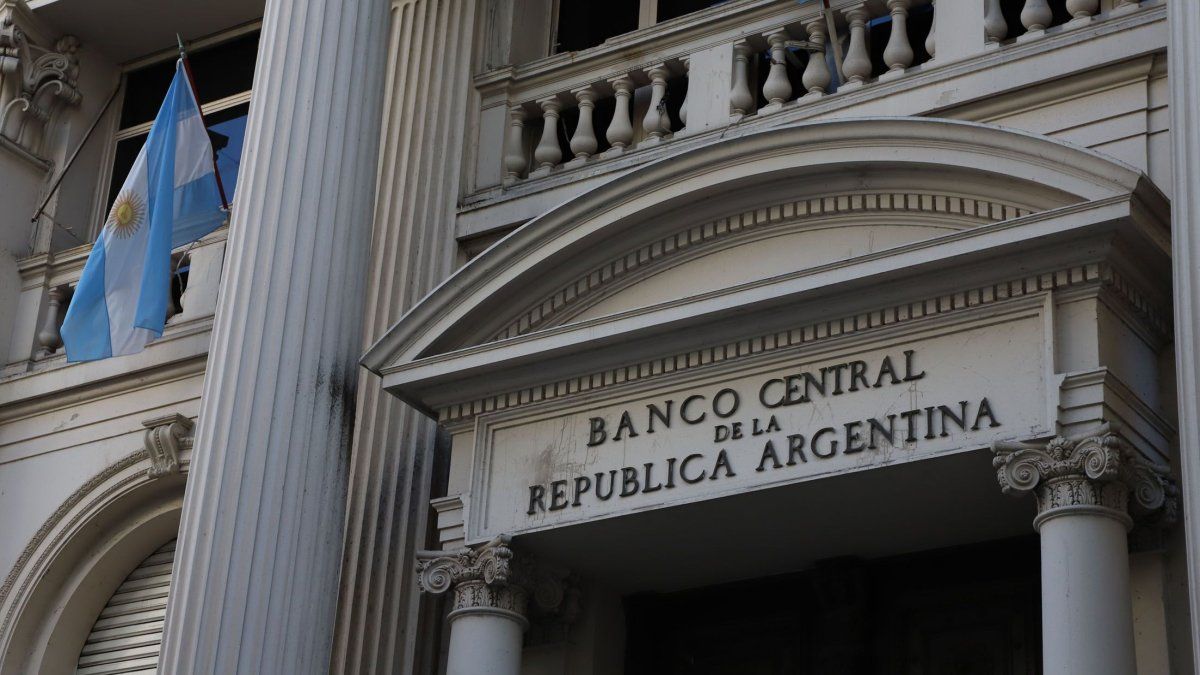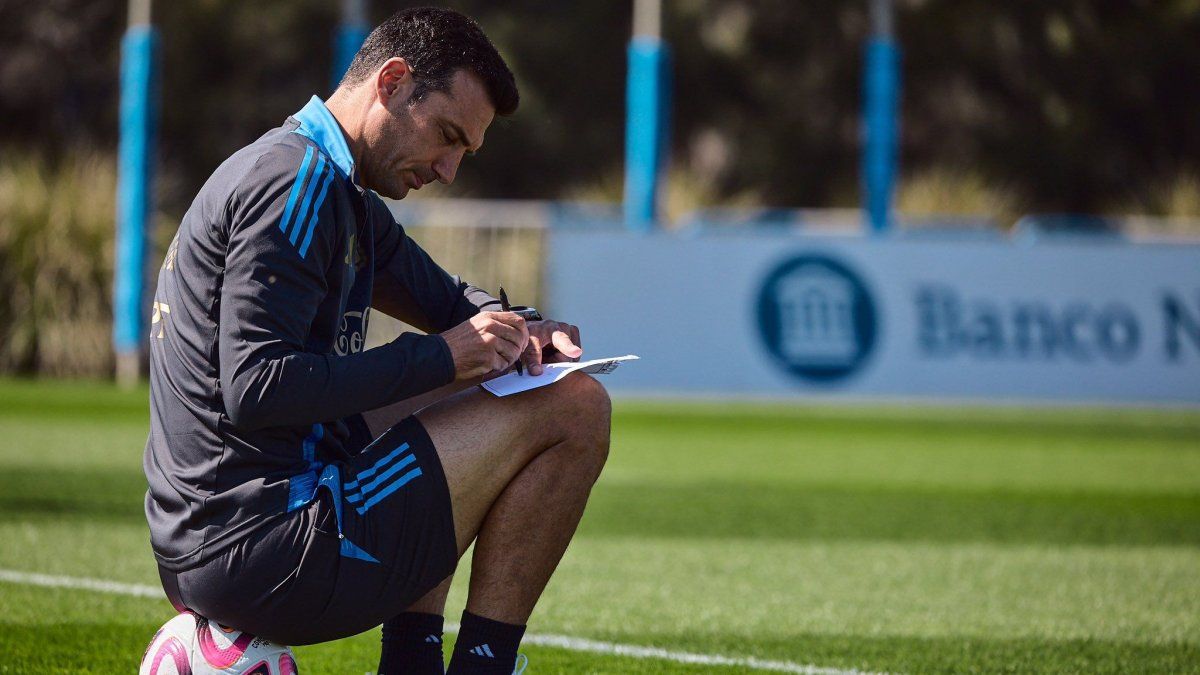The Government advanced this Wednesday in the advance purchase of US$2,701 million from the Central Bank to comply with the capital amortization of the sovereign bonds that mature in January, as announced on Tuesday by the Secretary of Finance, Pablo Quirno.
This is a new nod to bondholders with the aim of supporting the decline in country risk. At the same time, involves a series of monetary movements that generated questions in the city’s dialogues.
Purchase of dollars and reserves
On the one hand, the fact not having waited to close the agreement with international banks for the repo loan which is in negotiation implies that the purchase of dollars is made against net reserveswhich were already negative by almost US$6,000 million (if the Bopreales maturities of the next twelve months are discounted).
However, officials were quick to reaffirm that the repo process is still in place. “This operation does not replace the repo that the BCRA analyzes as part of its reserve management strategy,” emphasized Federico Furiasedirector of the monetary authority. The economic team seeks to have a three-year loan in question, to have a single-digit rate and to rely on some Central Bank asset as collateral (gold? Treasury securities that the entity chaired by Santiago Bausili has in your wallet?).
This implies that in the first movement of the purchase of foreign currency from the Treasury to the BCRA, another US$2,701 million of net reserves will be lost. But, once the repo is completed, these would be recovered. Although, of course, the BCRA would have a new liability for three years.
monetary movement
On the other hand, as part of the operation, there is a monetary movement to take into account. The Treasury will purchase the dollars in advance with part of the pesos it has deposited in its account at the BCRA.. Of the $13.26 billion that the Government has as a liquidity cushion, $2.67 billion will be used, according to Quirno.
What implications does that have? As These Government deposits are considered part of the broad monetary basetogether with the stock of LEFI held by the banks and the monetary base itself, the purchase of foreign currency will imply a contraction of the total amount of money.
The truth is that in July the BCRA defined a limit for the broad monetary base: $47.7 trillion, a level around which it has remained since then. In addition, President Javier Milei said on several occasions that he aims to eliminate the surplus of money before removing the exchange rate, that is, that there be a remonetization of the economy such that the monetary base converges with the broad base. This implies that both Government deposits and the stock of LEFI held by banks will be reduced.
Does this mean that the limit defined for the broad monetary base will now be reduced? No. Caputo explained that, with the current decrease in the amount of money, The BCRA will now have a greater margin to buy dollars in the official market “without violating the broad-based goal already set.” It happens that, when the Central Buys foreign currency, it issues pesos as counterparty.
Embed – https://publish.twitter.com/oembed?url=https://x.com/LuisCaputoAR/status/1851596546426479002&partner=&hide_thread=false
The dollars have already been purchased for the payment of principal and interest on the January bond maturities. Secured coupons.
In parallel, the amount of pesos decreases by the amount equivalent to said purchase.
This gives the BCRA room to buy more dollars without…— totocaputo (@LuisCaputoAR) October 30, 2024
This implies that, to maintain the self-imposed monetary rule, the BCRA will not have to immediately go out and sell dollars in the financial dollar market to sterilize pesos because the limit will now be a little further away.
In any case, almost all analysts and economic agents interpreted the announcement of sterilization of pesos through the bond market (CCL or MEP) as a euphemism to legitimize direct intervention on the exchange gap at a time of the year when that financial tensions had been activated. Today, with the gap compressed and the exchange rate calm now more consolidated, the bullet of direct intervention returns to the cartridge.
Source: Ambito
David William is a talented author who has made a name for himself in the world of writing. He is a professional author who writes on a wide range of topics, from general interest to opinion news. David is currently working as a writer at 24 hours worlds where he brings his unique perspective and in-depth research to his articles, making them both informative and engaging.



